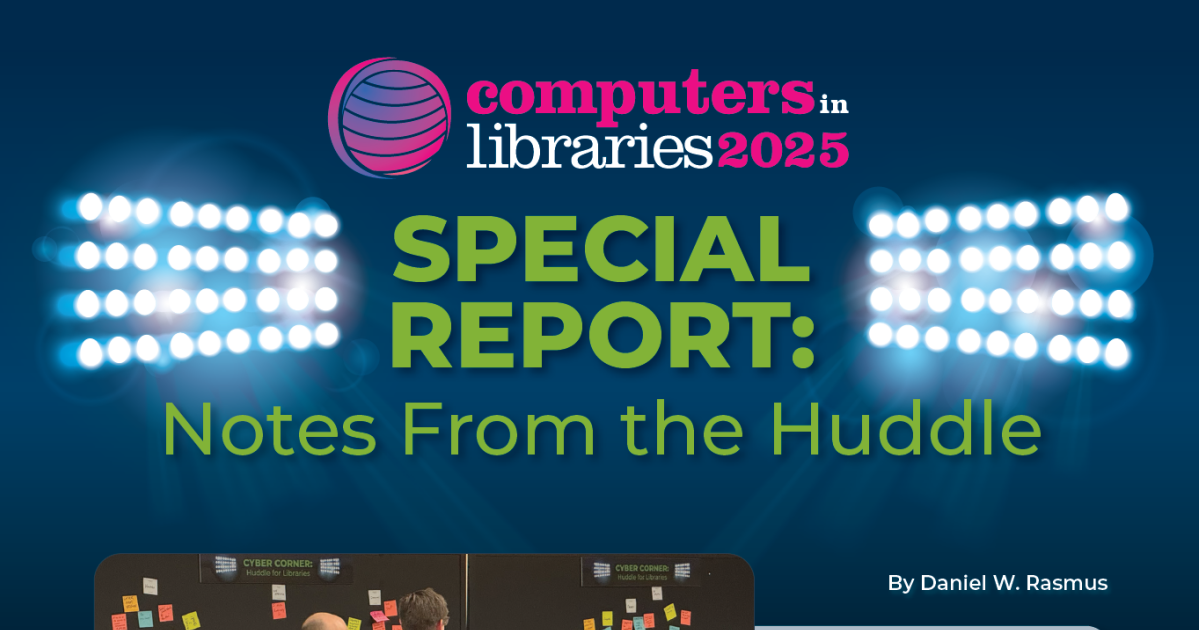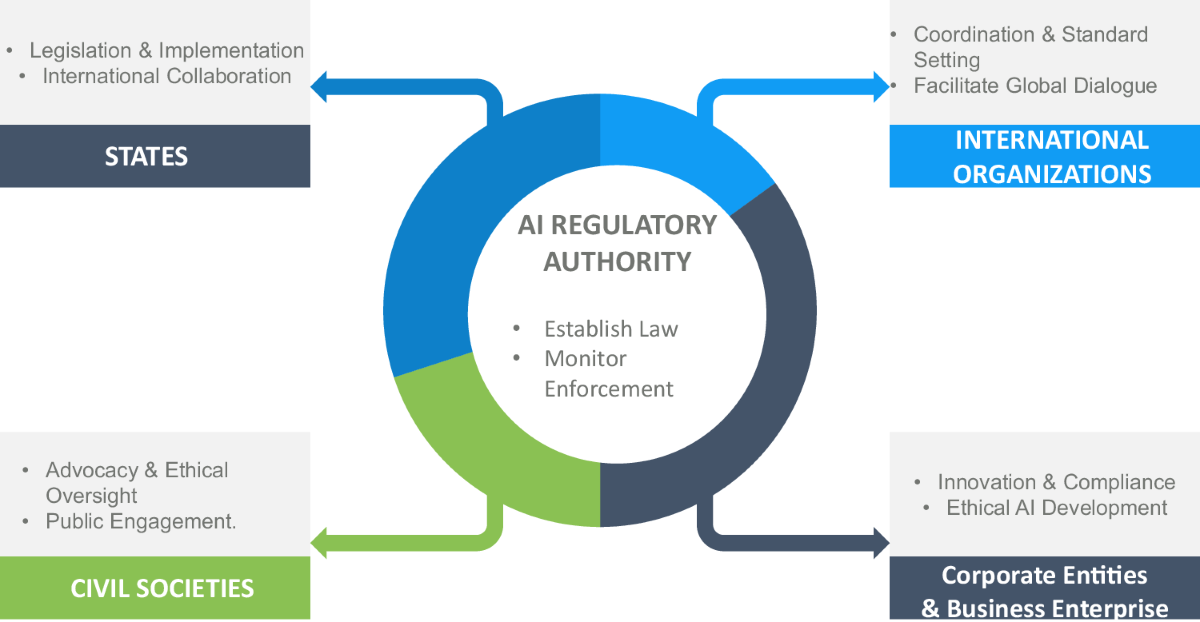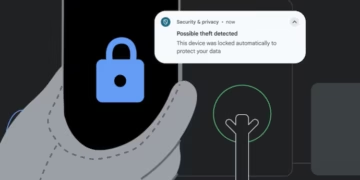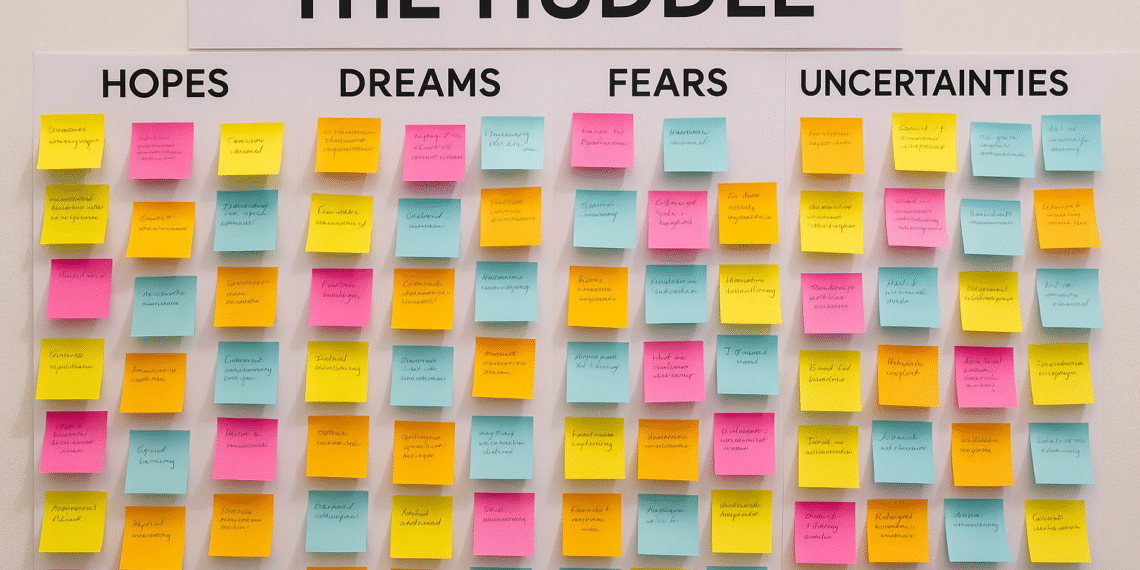As technology continues to rapidly advance, it’s important to look to the future and imagine how it will shape and impact our lives. At the recent Computers in Libraries conference, a panel of experts came together to share their predictions for libraries in the year 2025. The discussion was filled with insightful and thought-provoking ideas, giving attendees a glimpse into what may be in store for librarians and patrons alike.
During the huddle, the panel discussed the emerging technologies that are expected to have the biggest impact on libraries in the next five years. From virtual and augmented reality to artificial intelligence and machine learning, it was clear that these advancements will play a major role in how libraries function and serve their communities.
But it wasn’t just about technology; the panel also addressed the human aspect of libraries in 2025. With the rise of remote work and online learning, there will be a greater demand for virtual resources and services. However, libraries will not lose their physical spaces and the importance of face-to-face interactions. In fact, the panelists emphasized the need for libraries to continue to prioritize human connection and provide a welcoming and inclusive environment for all.
Another key topic of discussion was the role of libraries in promoting and preserving digital literacy. As information becomes increasingly accessible online, it’s crucial for libraries to equip their patrons with the skills to navigate and evaluate this information critically. The panelists stressed the importance of librarians as educators and the need for libraries to offer digital literacy programs and workshops.
What Was “The Huddle” at CIL 2025?
At the Computers in Libraries 2025 conference, a humble analog corner stole the spotlight. This space—called “The Huddle”—invited participants to reflect and express their thoughts on sticky notes under four key themes: Hopes, Dreams, Fears, and Uncertainties.
Curated by Daniel W. Rasmus, the interactive wall allowed librarians and knowledge workers to anonymously share their feelings about the rapidly shifting landscape of libraries in a digital-first world.
Hopes: A Tech-Enabled but Human-Centered Future
Sticky notes in the Hopes section centered on optimism toward AI integration, community engagement, and staff well-being. Many attendees hoped for:
AI as a time-saver, not a replacement: automating repetitive tasks while enhancing the human touch in services.
Deeper relationships with communities, especially marginalized groups.
A future where libraries remain welcoming, trusted places for all.
There was a strong emphasis on resilience—librarians want to adapt while staying true to their mission of equitable access to information.
Dreams: Radical Inclusivity and Preservation
Under Dreams, contributors imagined a world where:
Libraries become the guardians of all human knowledge.
Accessibility, diversity, and inclusion are fully realized in physical and digital spaces.
Libraries stand as pillars of truth, navigating the noise of the information age with integrity.
The aspirations were bold—dreams of open access to every scholarly work, universal broadband, and global partnerships to preserve digital heritage.
Fears: Institutional Collapse and Misinformation
The Fears board painted a darker but deeply honest picture.
The rise of misinformation and propaganda was a leading concern.
Many feared that libraries would be viewed as political enemies rather than public allies.
The potential loss of public funding, censorship, and AI-generated “garbage” content replacing curated knowledge loomed large.
One note read: “What if we teach critical thinking, but no one wants to think critically?”
Another fear: that the profession itself may not be valued, and that younger generations might not carry the torch forward.
Uncertainties: AI, Funding, and Political Support
In the Uncertainties section, contributors questioned:
Whether AI will strengthen or weaken intellectual freedom.
If government support for libraries will increase or continue to decline.
How to bridge the digital divide in communities left behind by tech progress.
What role libraries will play in content verification and public education.
The “unknowns” were not just about tech—but about trust, equity, and survival.
📲 Download the digital version of the notes: CIL2025 Huddle Post-it Archive
Institutional Shock: IMLS and SLA Disruption
The emotional tone of the Huddle was influenced by real-time events:
The entire staff of the Institute of Museum and Library Services (IMLS) was placed on administrative leave.
The Special Libraries Association (SLA), a 115-year-old institution, was formally dissolved.
These shocking developments added urgency to the conversation. There’s a clear call for new leadership models, stronger cross-sector collaboration, and independent advocacy bodies to support library futures.
The Sticky Note Method: Analog Reflection in a Digital World
Rasmus praised the simple power of sticky notes, calling them an “analog API for the mind.” In a conference filled with digital demos and AI presentations, The Huddle reminded attendees of the power of slow thinking, reflection, and community voice.
“There’s wisdom in slowing down,” he said. “In sharing thoughts you don’t have to defend.”





































